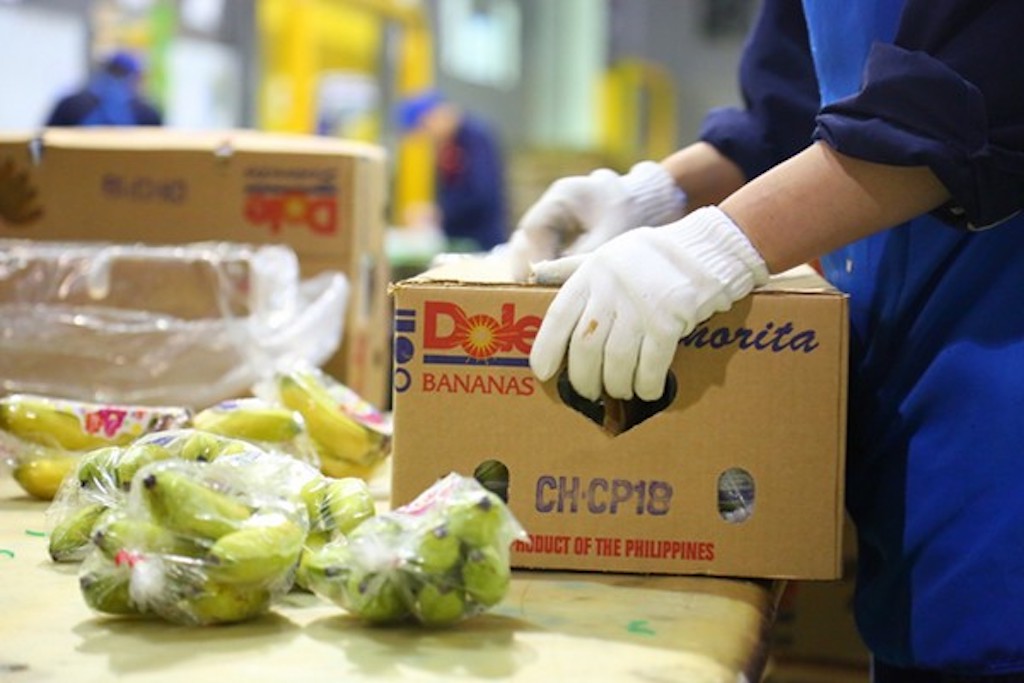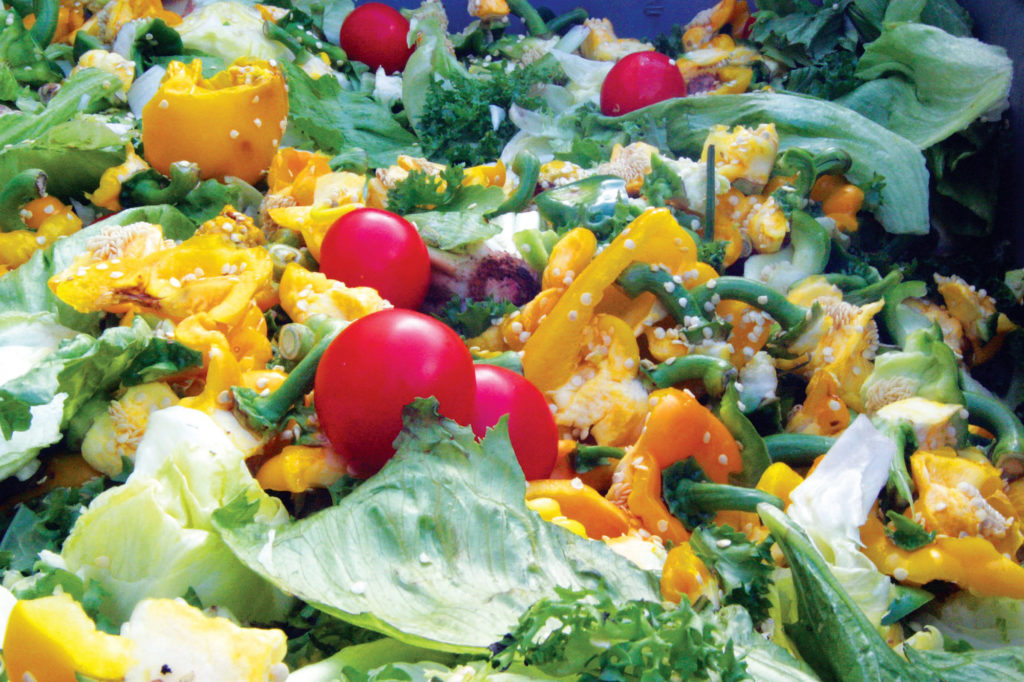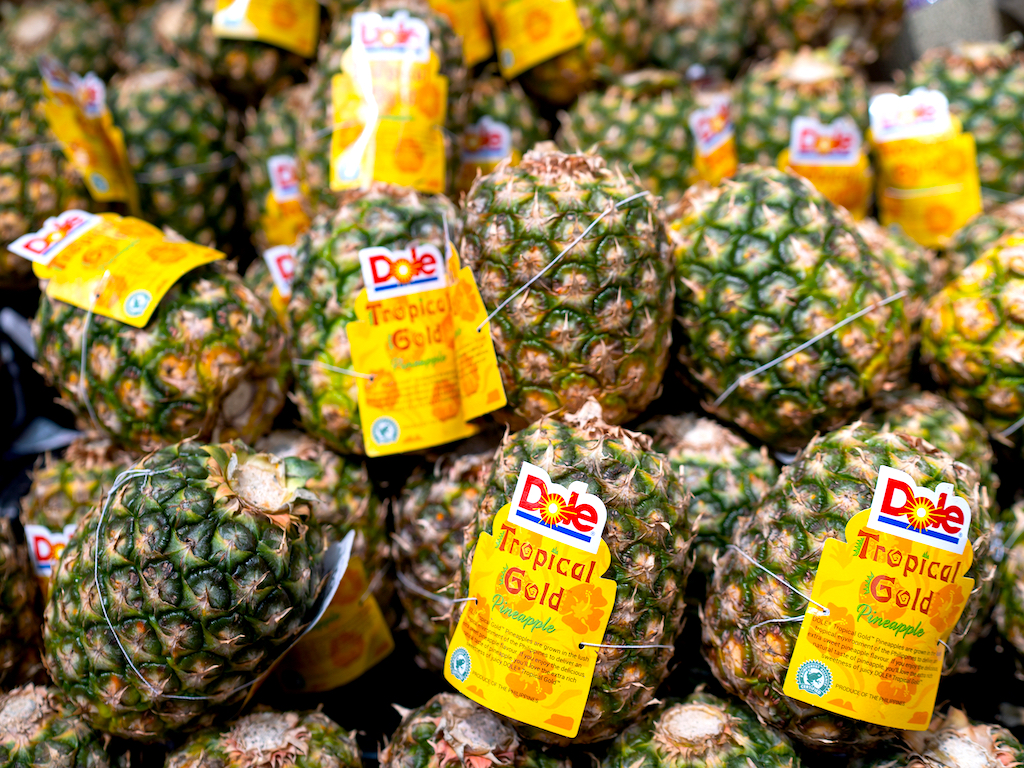3 Mins Read
Dole Packaged Foods has just announced its new sustainability pledges, including eliminating food waste and all petroleum-based plastic packaging from its product lines by 2025, as well as achieving net zero carbon emissions by 2030. Dole’s environmental commitments follow a slew of renewed sustainability promises made by multinational brands, and is yet another sign that corporations are feeling the pressure from consumers to step up climate action.
Last week, Dole, the world’s largest producer and distributor of fruit, announced they will be dramatically stepping up their sustainability efforts. According to an official release sent to Green Queen, the company hopes to achieve zero fruit loss at all Dole farms to markets and eliminate all fossil-based plastic packaging by 2024. They will also aim to reach carbon neutral status across its operations by 2030, decades ahead of the deadline outlined by the Paris Agreement.
Some of the practical steps that Dole is going to take to achieve these goals include exploring new ways to utilise food waste scraps, such as pineapple skins and banana leaves, into biodegradable natural packaging. They also want to utilise misshapen fruit and veggies – produce that are edible but would otherwise go to waste due to aesthetic reasons – by incorporating them into new snacks and products.
Read: 13 ways you can reduce your food waste footprint right now

What about the remainder of excess waste? Dole says it plans to put it in new biogas facilities, which would turn food waste into usable electricity for its processing plants. It will additionally move towards clean energy solutions on its farms and its transportation systems.
“If food waste were a country, it would come in third after the United States and China in terms of impact on global warming,” president of Dole, Pier Luigi Sigismondi, told Fast Company.
“When we waste fruit or food, we also waste all the energy and water it takes to grow, harvest, transport, and package it. And if it goes to the landfill and rots, it produces methane – a greenhouse gas even more potent than carbon dioxide.”
Currently, the world’s food waste – half of which is generated by Asia – contributes a staggering 10% of global carbon emissions that drive our climate crisis. But in addition to coming at an enormous environmental cost, discarded food further fuels the issues of everyday hunger, malnutrition and food security – problems that have become even more pertinent amid the coronavirus crisis.
“As our society begins to fully understand the impacts of COVID-19, which has exacerbated the global epidemic of food inequality and put a spotlight on interdependent challenges in the supply chain, we know that the collective implications we’re facing today will have generational repercussions for the future if not addressed now,” said Richard Toman, president of Dole Asia Fresh Division, in the press release.

“That’s why we’re doubling down on our mission of putting the heart of the planet and people at the center of everything we do.”
Dole’s environmental commitments come after several multinational brands renewed their sustainability pledges in recent weeks – representing a reckoning amongst the world’s biggest companies that mass consumers are now demanding real corporate action on the climate and ecological crisis.
While tech giant Amazon launched a US$2 billion climate fund, no doubt in part to allay criticism over its tainted environmental record, consumer goods behemoth Unilever pledged to reach net-zero emissions across its entire supply chain by 2039, as well as put carbon labels on all of its 70,000 products.
Both Amazon and Unilever’s pledges followed a joint statement signed by 155 multinationals with a combined worth of over US$2 trillion demanding world governments to make net-zero emissions the centre of coronavirus recovery plans.
Lead image courtesy of Shutterstock.




